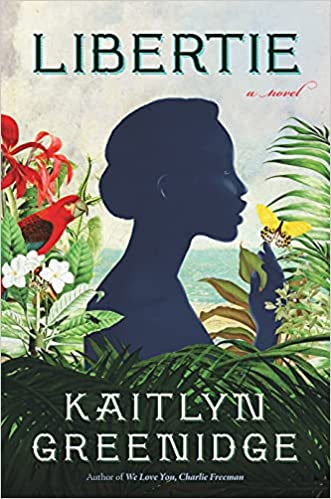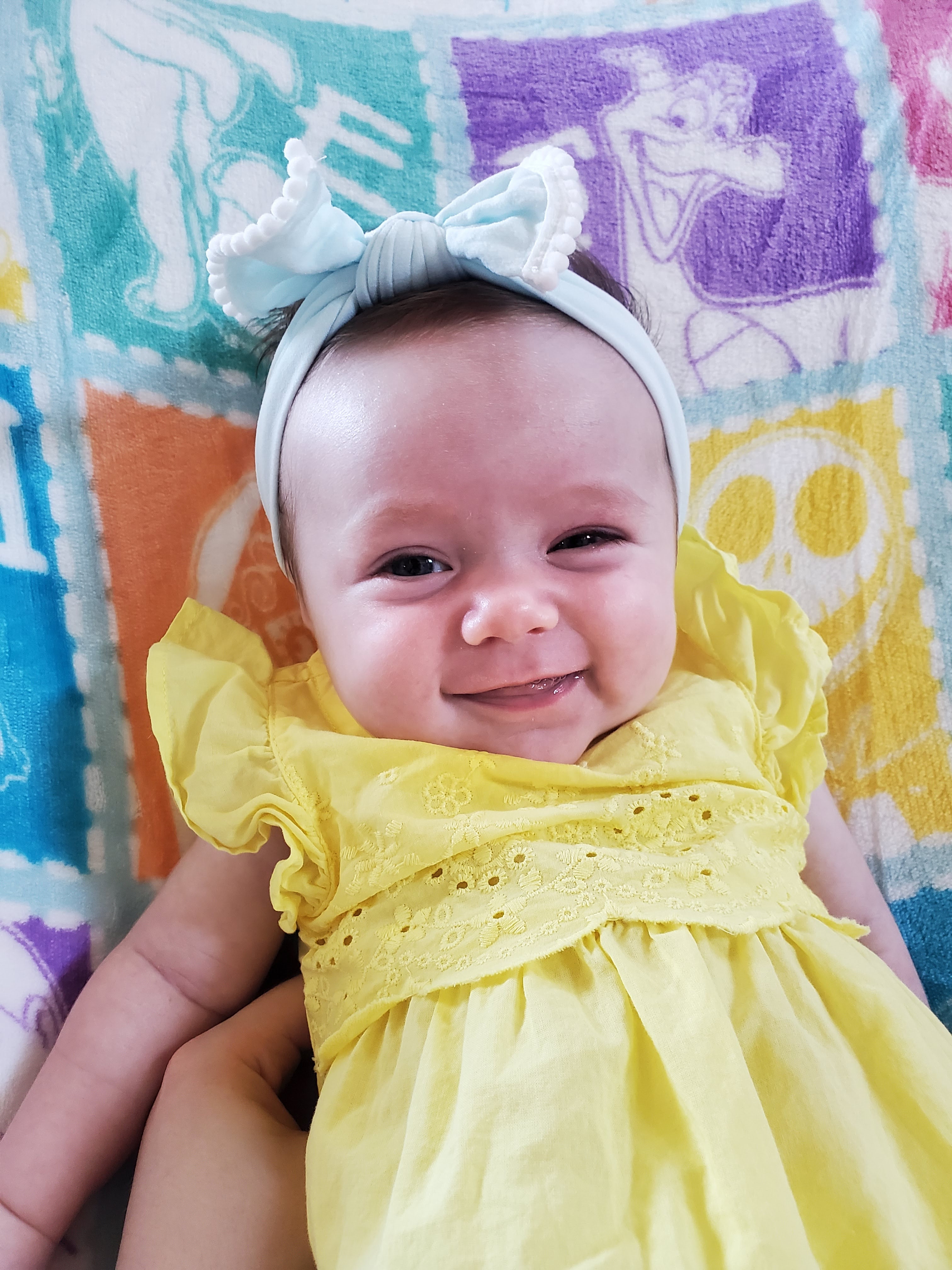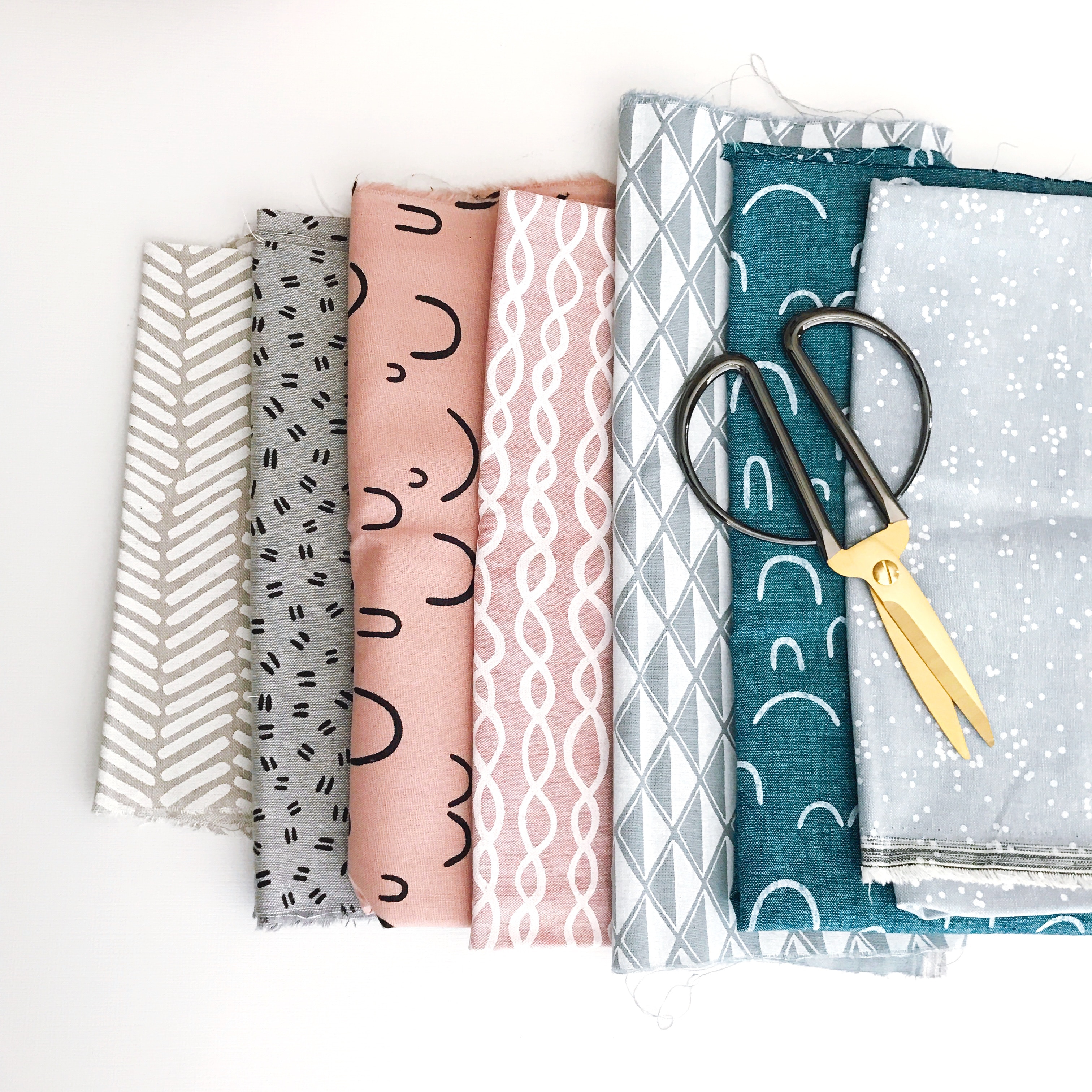
Photo by Chris Montgomery on Unsplash
I clearly had no know idea how the rest of the 2019-2020 would turn out. I can’t possibly update the last 6+ months, but let’s just say that it’s been quite a workload since March. I can’ t believe it’s nearly July!
If you recall, I took on my role precisely to improve instructional services, and COVID-19 highlighted many of the critiques I have been making since returning to Merced College. While I was able to get more support, we’re 10-month faculty, so I’ll have to start some of this advocacy work again in August.
I worked remotely from March 20 until the end of the spring semester. (The week we went remote was fraught with tension; it involved some disparity between the library faculty and the faculty in other discipline.) I was able to make a OneSearch tutorial. (I actually had to make it twice; once in a trial of SideCar, and then a second time in LibWizard when we finally got the add-on to our Springshare subscription in May.) I was also able to make three Canvas modules:
- Understanding & Finding Databases
- Selecting Databases by Subject
- Using Basic Search Strategies
I wish I would have had time to help our librarians get up to speed on LibWizard and Canvas to be able to split up the other materials that we need to make, but we all just didn’t have time. I started an instruction guide in the fall, and I have been adding more documentation and materials in preparation for Fall 2020, as we’ll do some of this work when we come back in August, though it will more than likely be remote.
Prior to the spring semester ending, a colleague and I also started working to populate the library website. The website got a big update a couple of years ago, but there were places that hadn’t been developed yet. We’ll continue to work on it remotely this summer and in the early fall. Our College also created a hub for students within Canvas for student and academic services, and my colleague and I were also able to provide a lot of input for the library’s hub space.
Summer school is online, and the library remains closed to the campus community. We are offering curbside pick-up, but, to be quite honest, print is not the big draw for learners. (I have a lot to say about this, but tenure track…). I did elect to work a couple weeks of summer school to staff the library chat, where the majority of questions have dealt with textbooks on reserve. This is such a huge deal in community college libraries, and while folks do use OER here, it’s not as far-reaching. My last day of summer school is on Tuesday. As part of my advocacy efforts, I was also given 75 hours of additional time this summer to work on instructional projects. I have worked some of these hours already adapting an MLA Canvas module. When summer school is over, I’ll pick this up again. I’ll also be working on an APA and evaluation module.
I’m also taking a 9-week online course through Merced College to be “certified” to teach online as part of the California Virtual Campus Open Educational Initiative (CVC-OEI). The course helps faculty design the first six weeks of a fully online course. While I’m not scheduled to teach the library’s three-unit course LRNR 30 Information Concepts and Research Skills this fall, teaching a course for credit is a long-time dream of mine, and I would like to teach it in the next couple of years. Week 5 starts this week. It’s quite the workload, but it’s going well considering that I’m not exactly adapting a class I’ve taught before. My favorite unit so far is the accessibility unit because it reminded me of things I have learned before but forget to practice. It also helped me fix some LibGuides and other Canvas issues. I’m glad I decided to take the class.
I hope to have a few more updates this summer.











 Photo by
Photo by 

